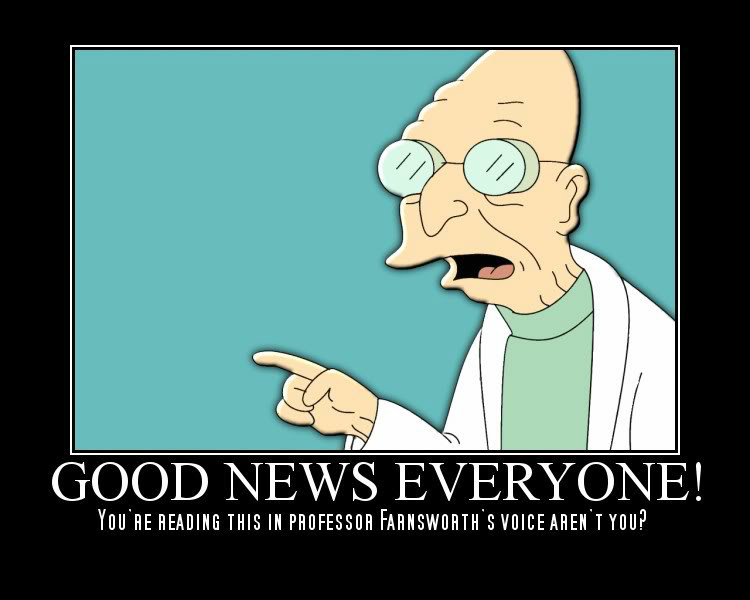the website landing logo says:
Men who have resolved
unwanted same-sex attractions
supporting others seeking similar change
if you want to become a volunteer you must pay 100.00 and
Journey Into Manhood is staffed by about 20 men who volunteer their time because they care deeply about supporting men's healing and personal growth.
Who are they going to change me, there is no women in the organization, only men with prior gay sexual experiences. How is the therapy with massage, etc, who knows. We need to keep an eye in this organization, they are looking for money, and soon we will find out who they really are.
:cry2: God help and protect the Arizona children and save them from this new (gay hunters plan), before was called (witch hunters), I have a feeling that suffering, humiliations, punishment, etc has found a way through this organization to damage the innocent :crazy2: minds of our children.
Phoenix, AZ — Beginning November 1st of this year, the state of Arizona is implementing a mandatory school program designed for all children grades K-12 to help homosexual males and women become straight. The controversial conversion therapy will be used in all of Arizona’s 2,325 public school curriculum and is already gathering a large amount of criticism as well as those who approve of the new program.
They state is fake, but review their site and you will find out about they physiological (Hitler type programs) to change people to think they way they think.
![]()
